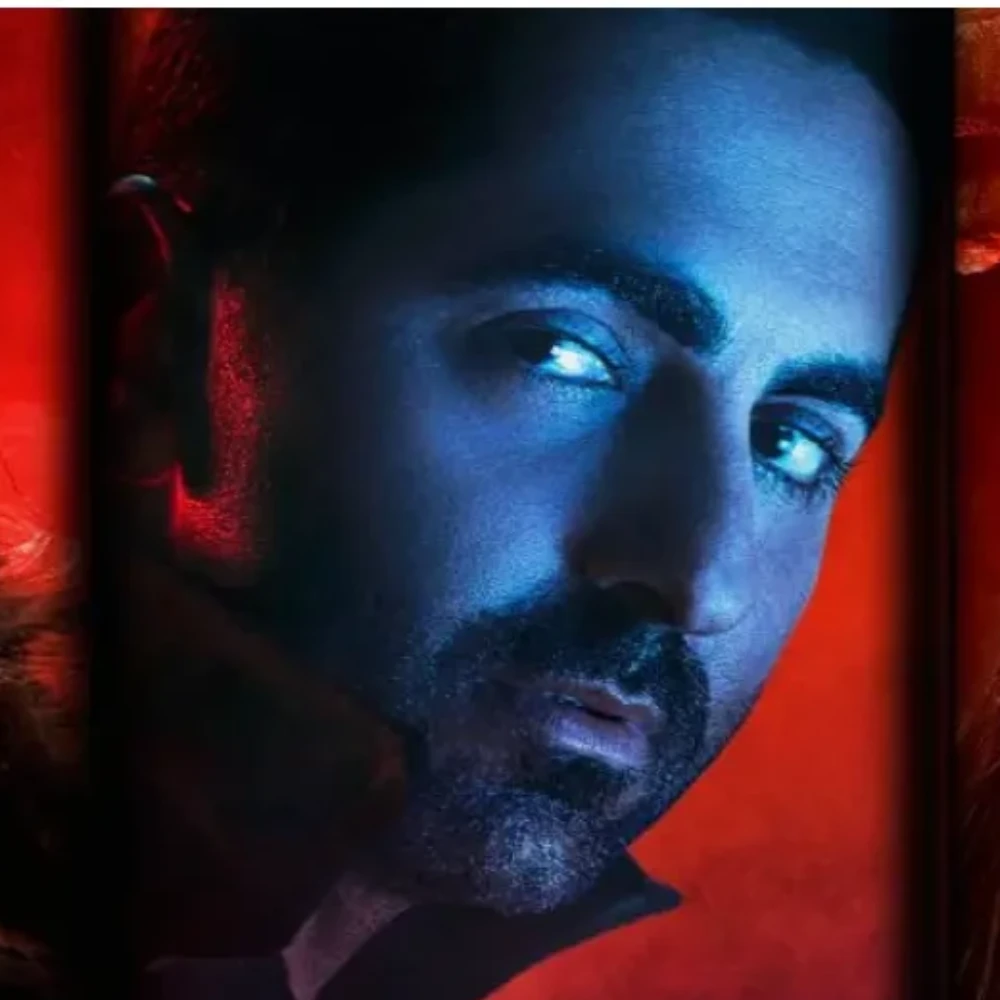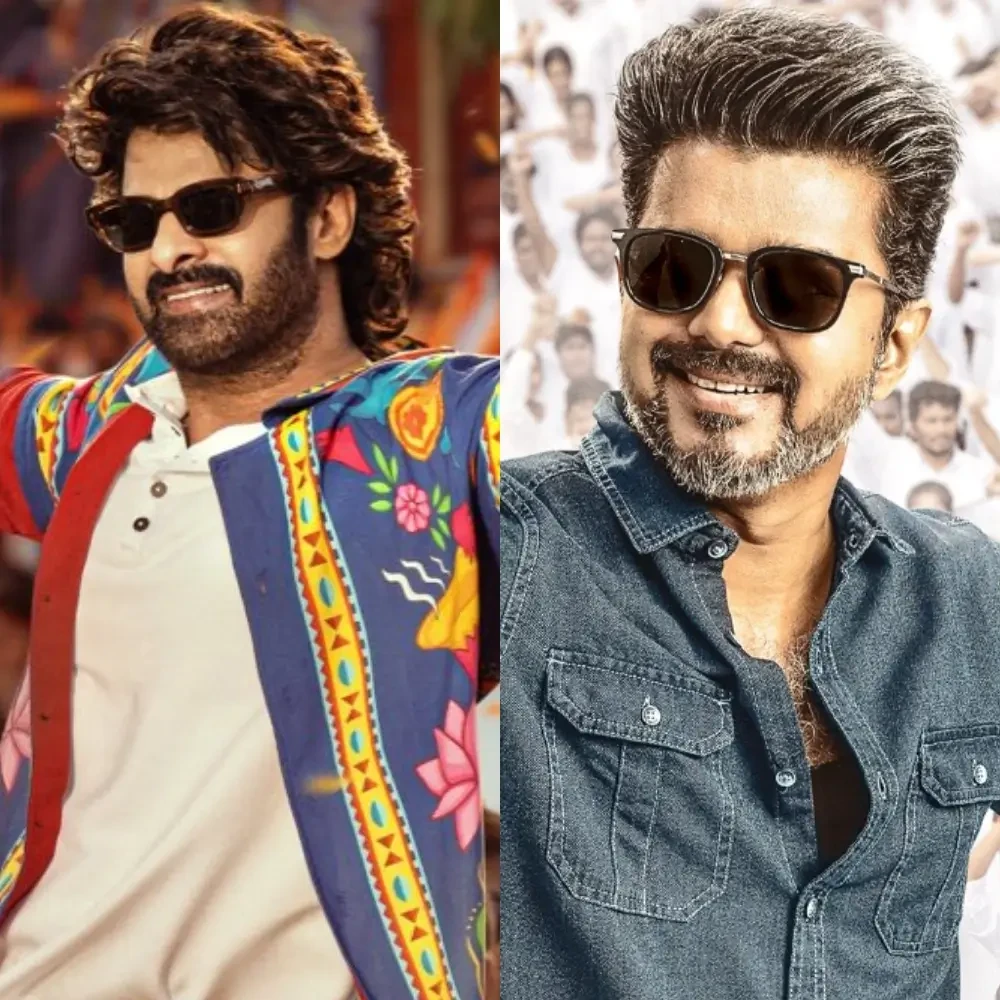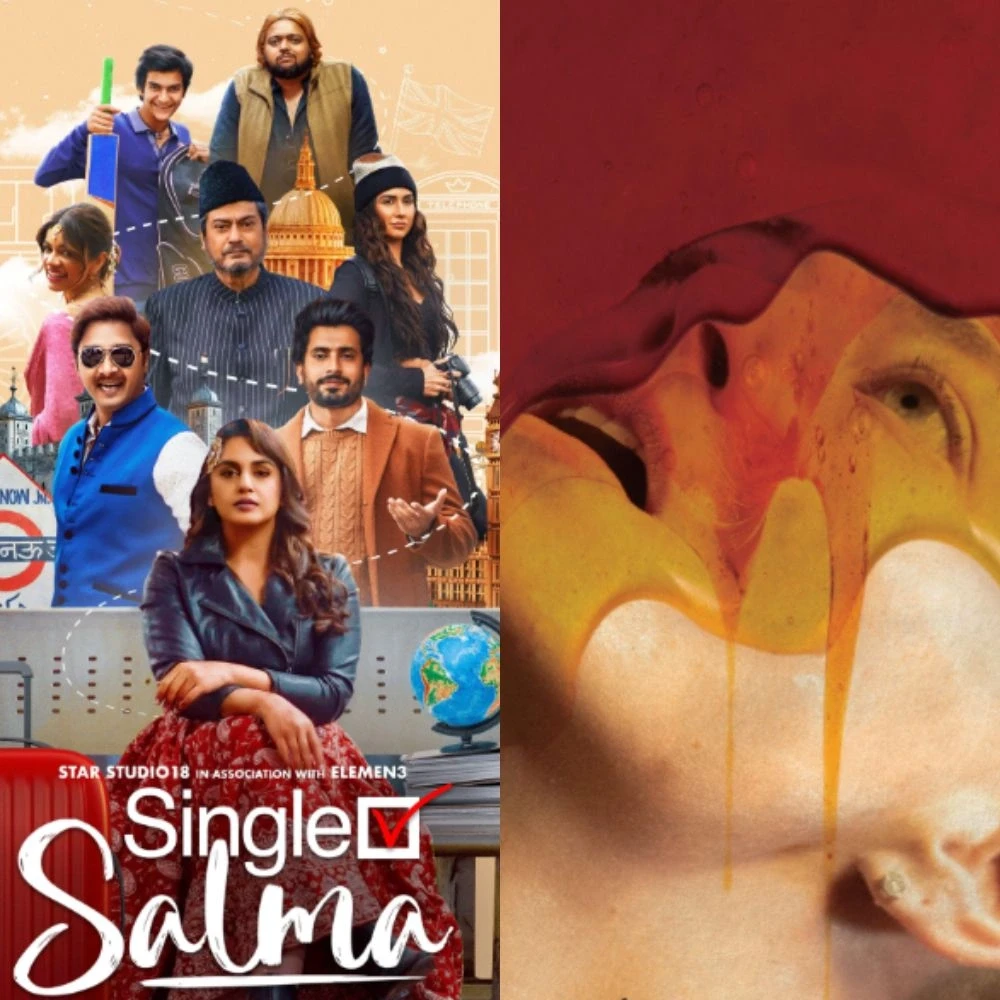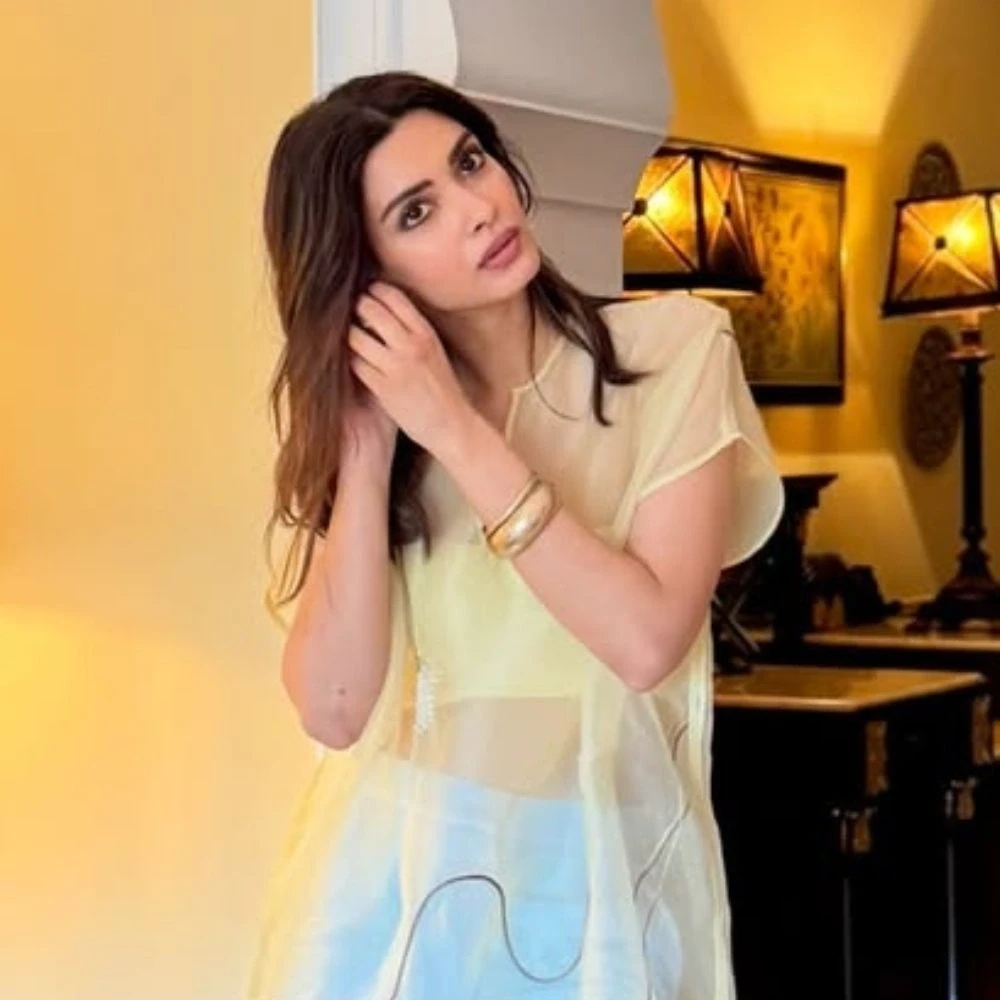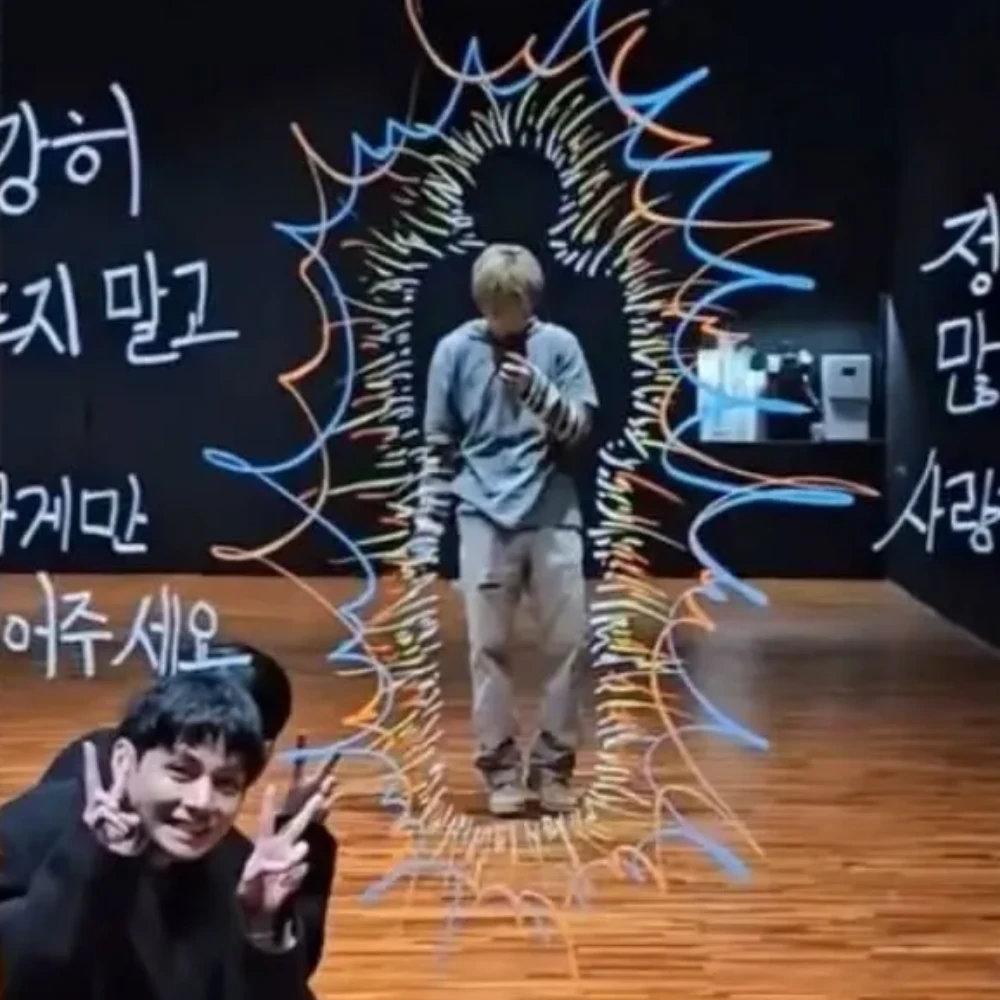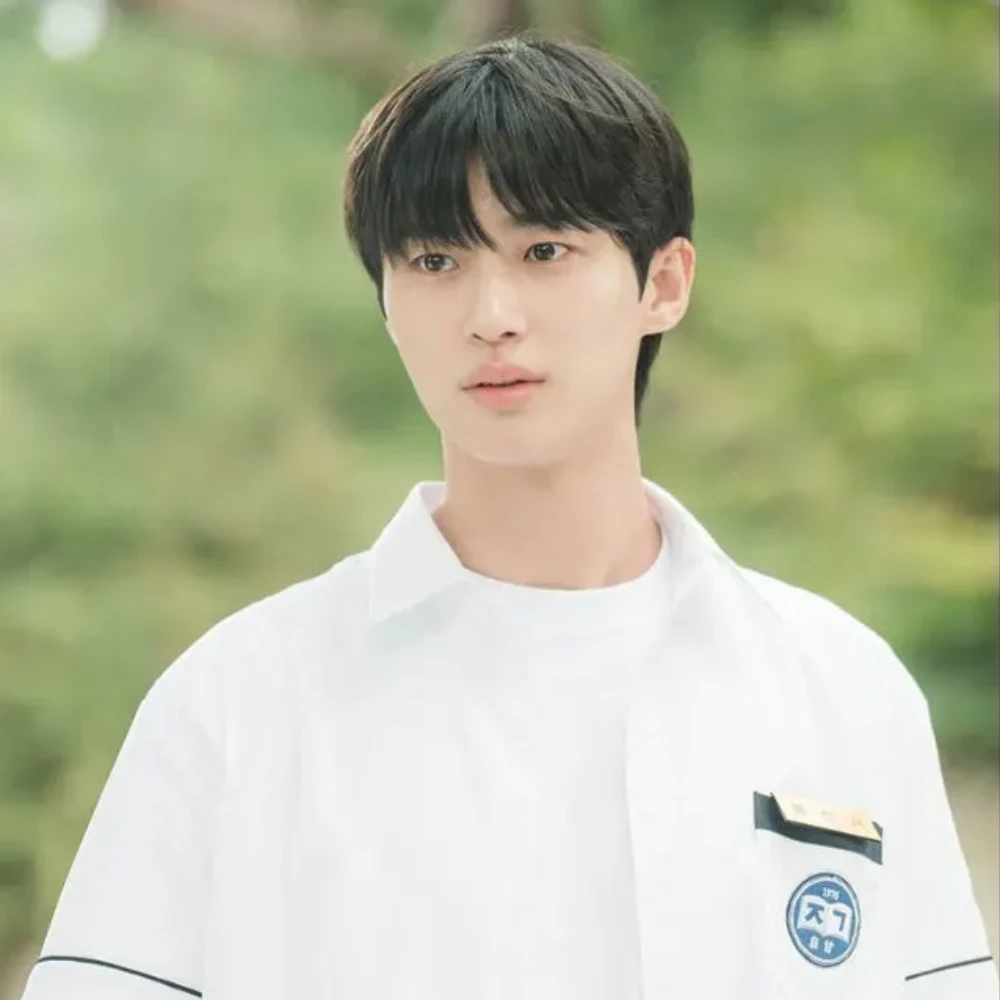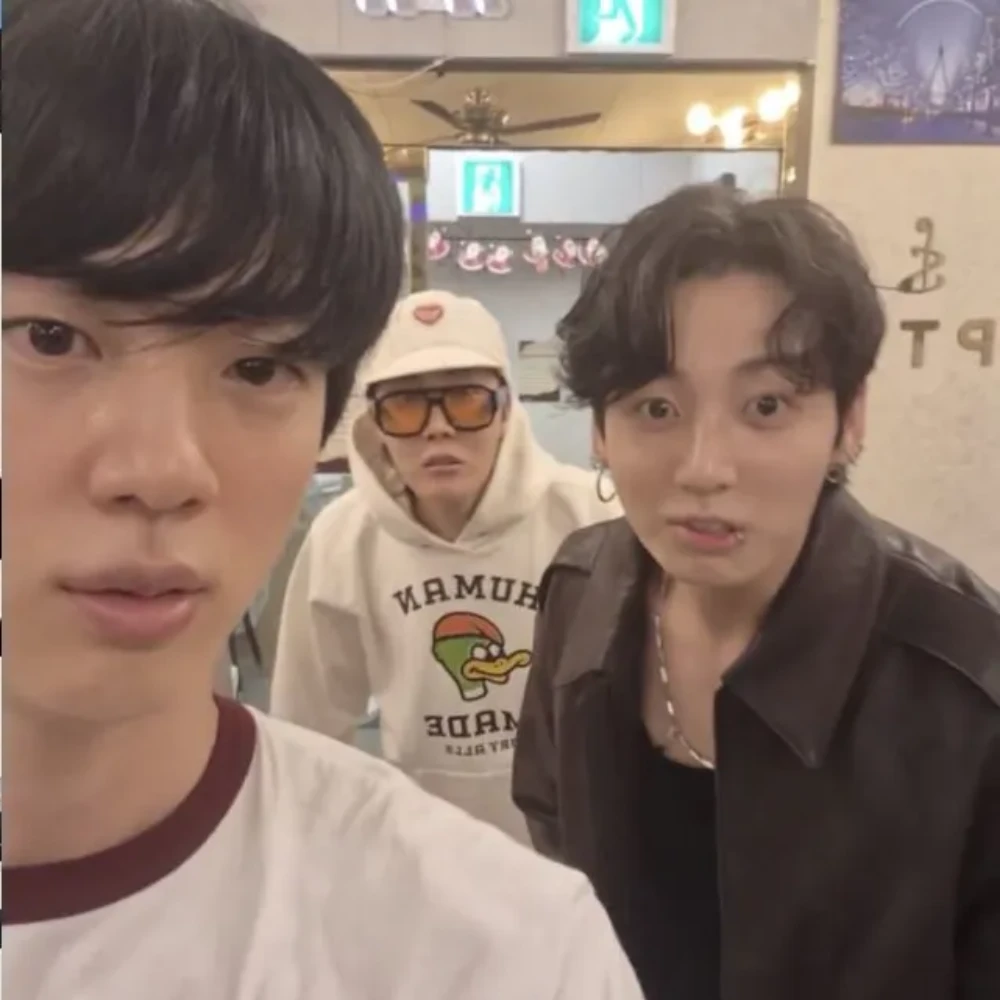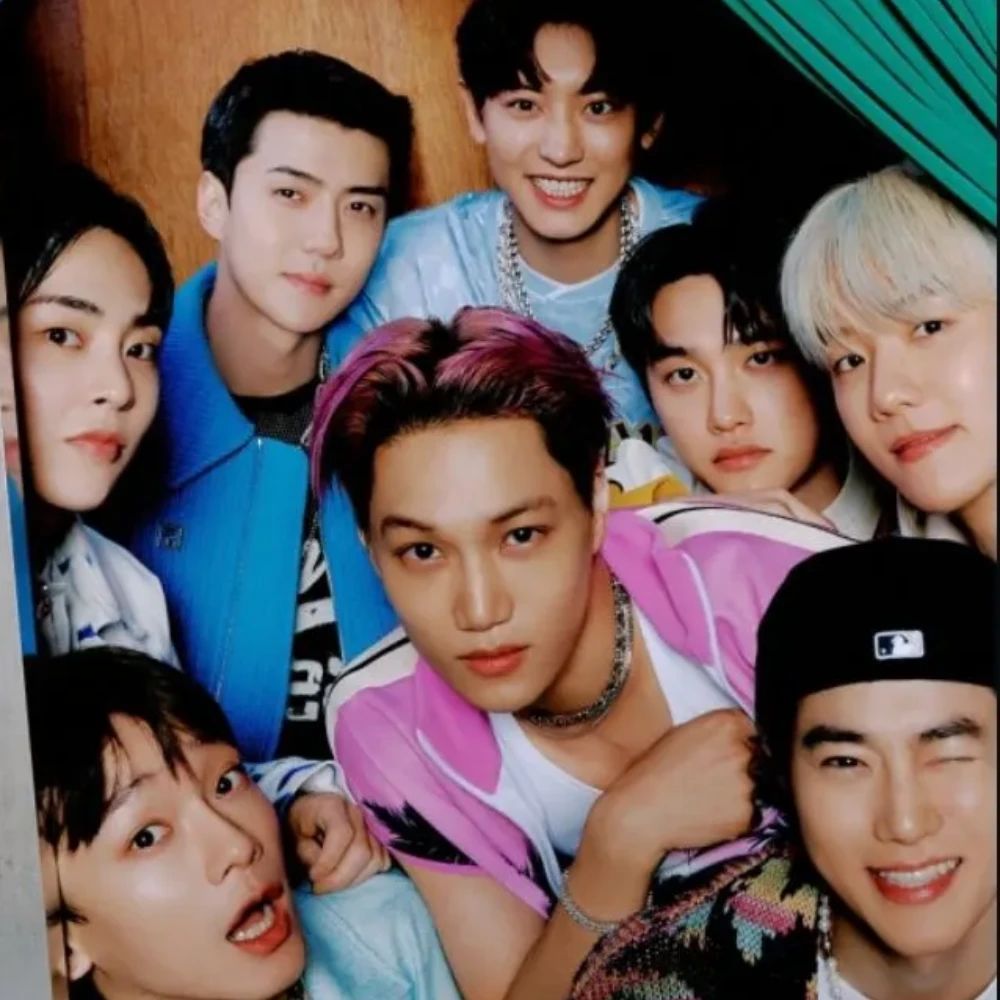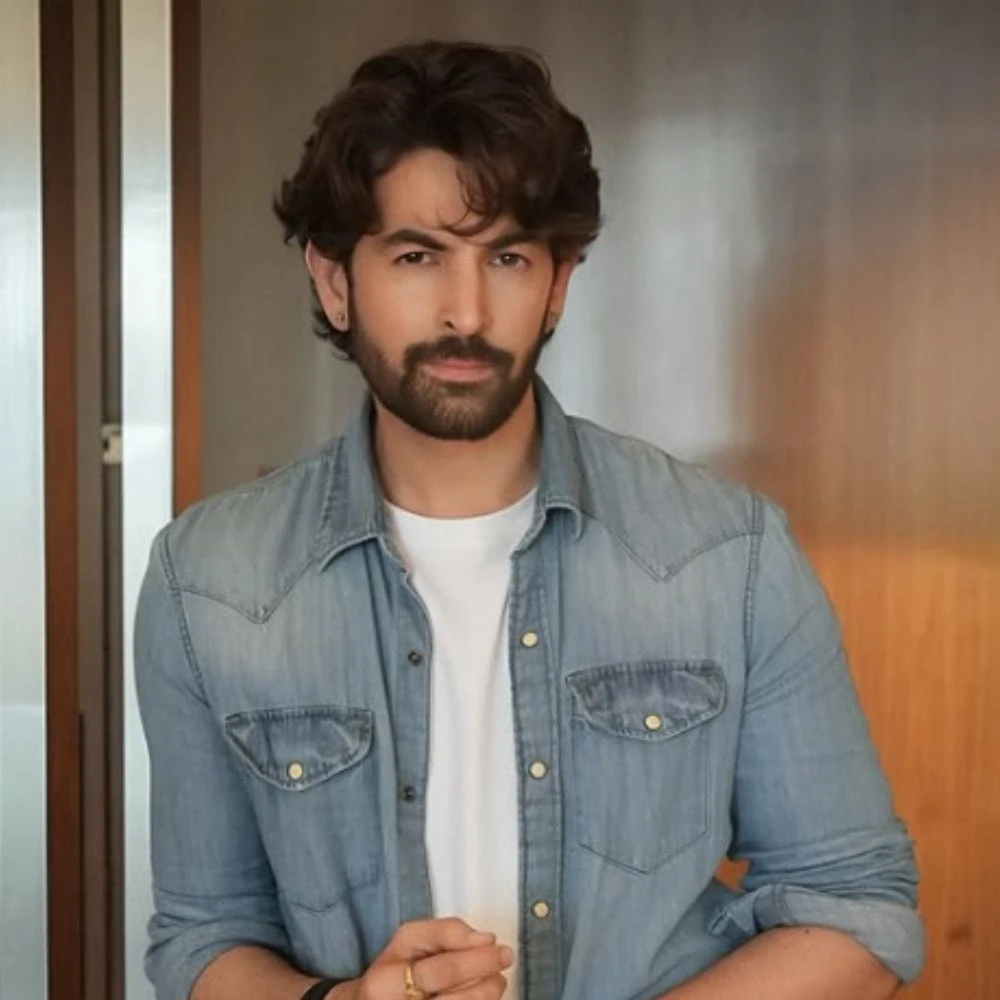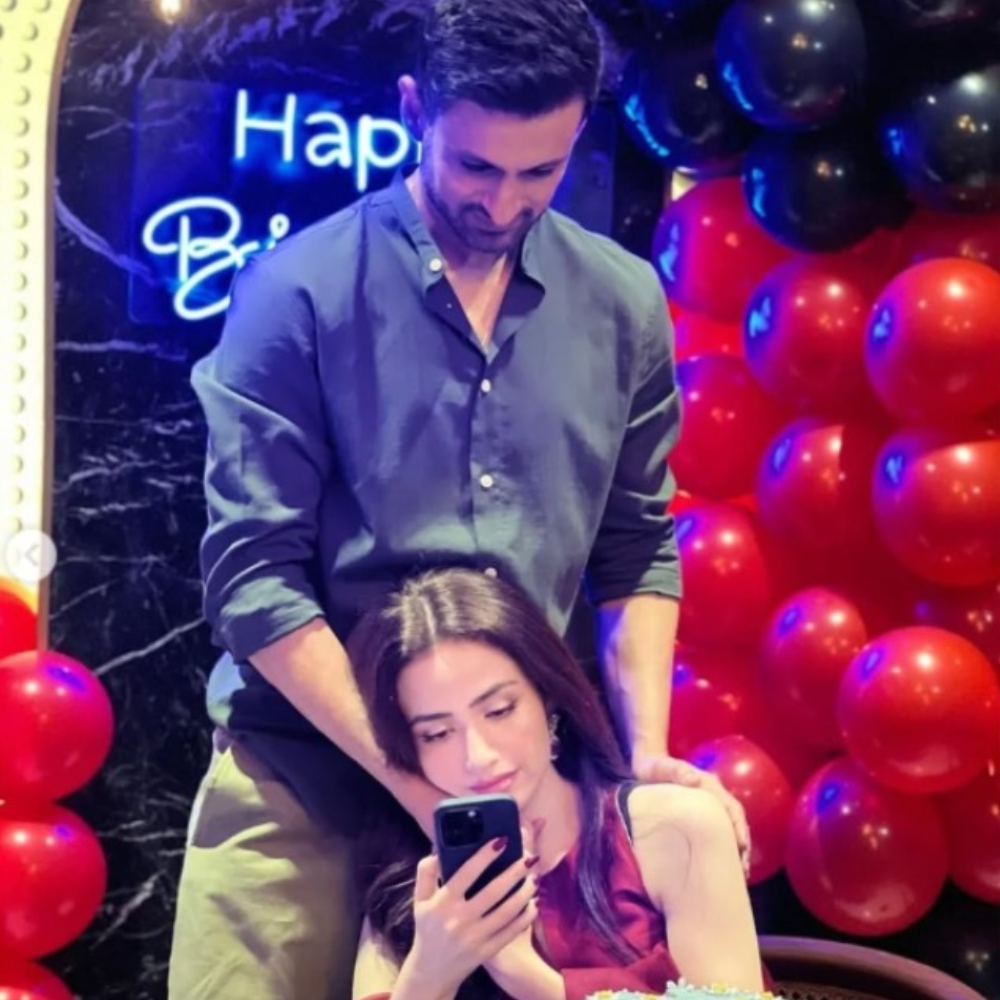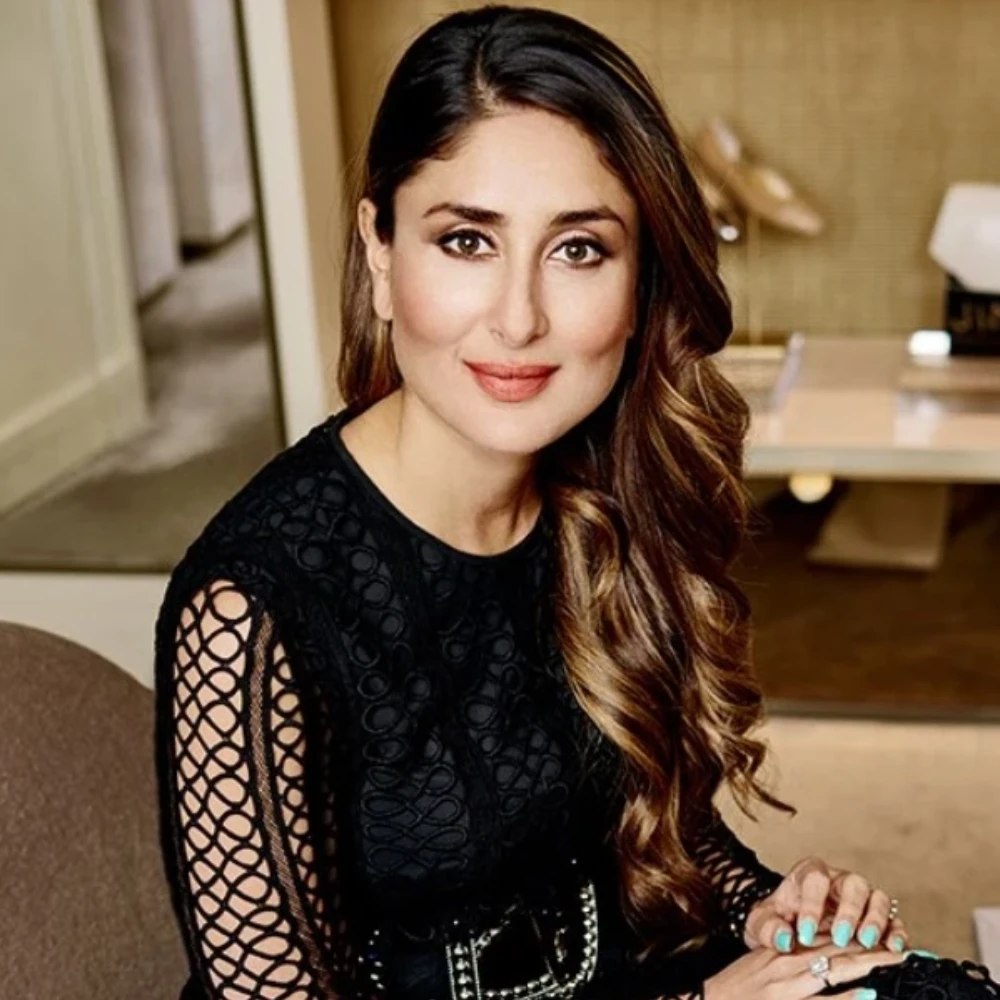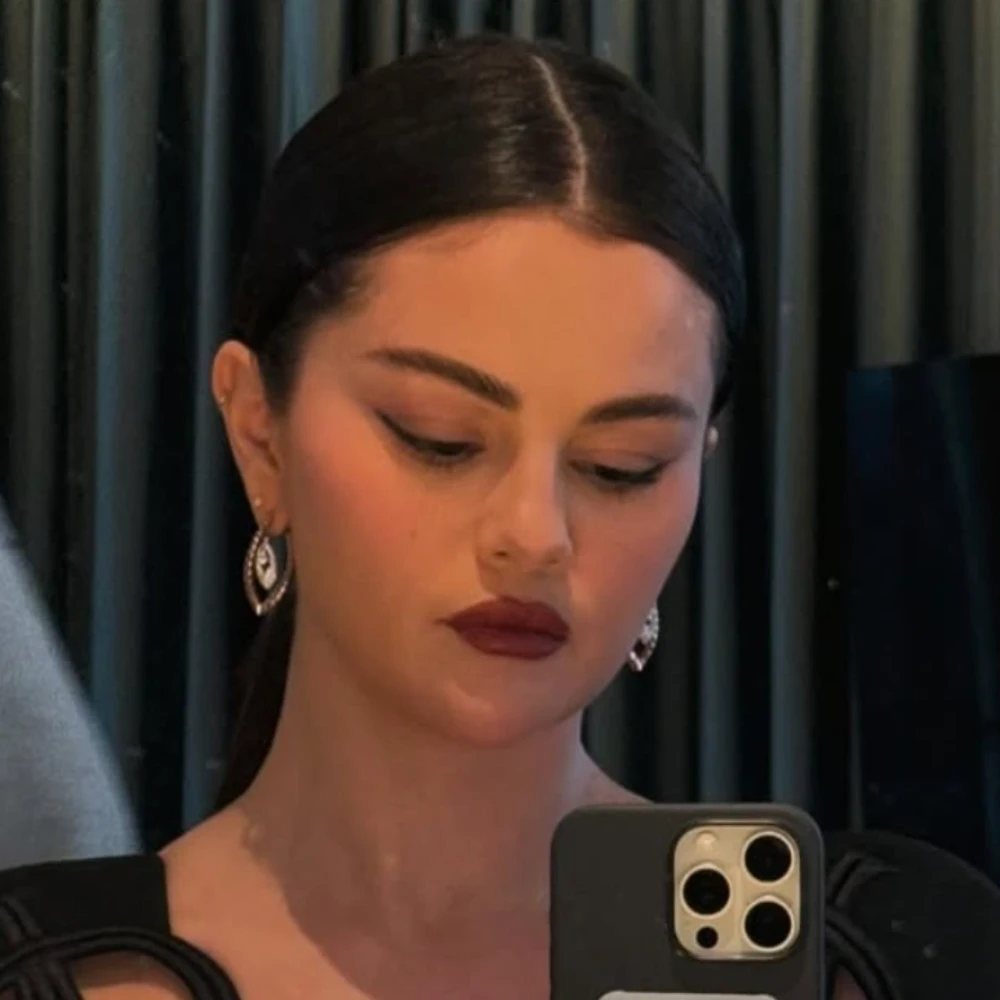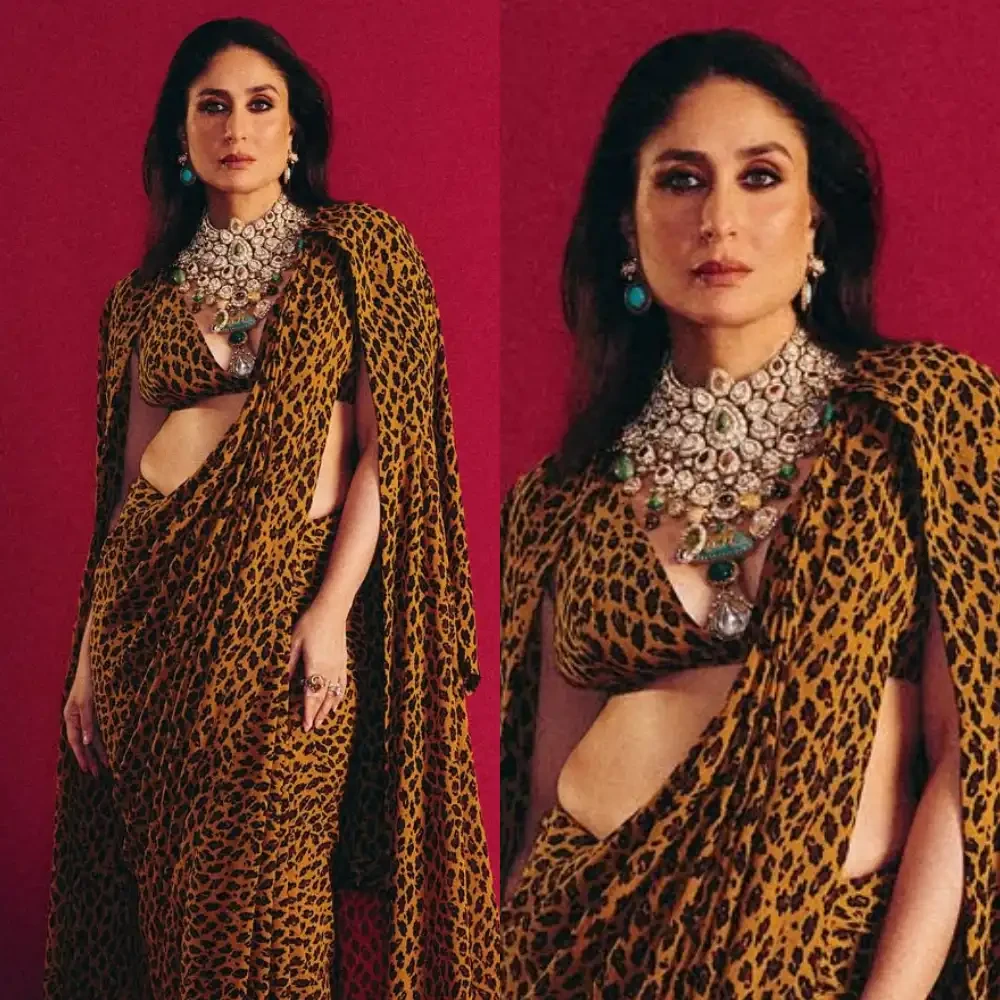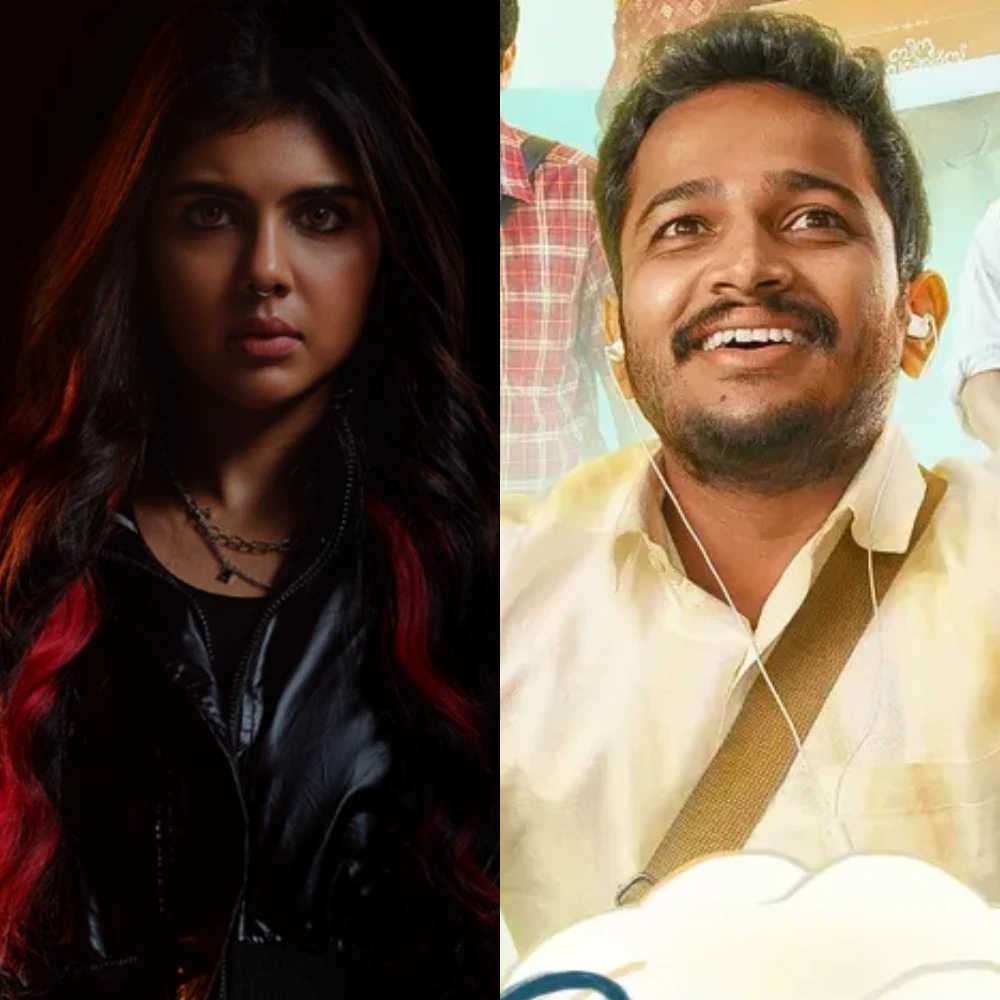Why is LE SSERAFIM's Japanese song DIFFERENT being called 'harmful to artists'? Teasers receive major flak from netizens
Fans are heavily criticizing the promotional content for LE SSERAFIM's upcoming Japanese single DIFFERENT. Read to know why.
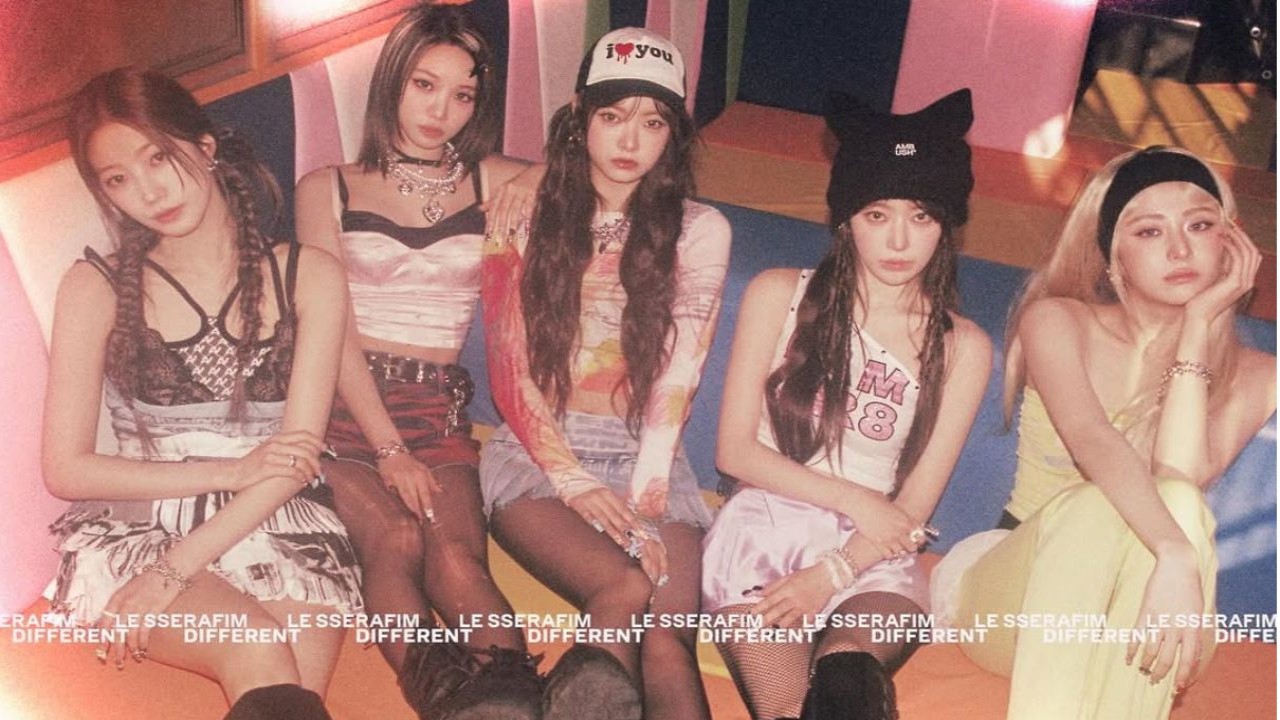
LE SSERAFIM is set to make their much-awaited Japanese comeback next month through the drop of a new single called DIFFERENT. Ahead of that, some concept teaser clips have been unveiled to give a sneak peak into the new track. But the teasers, which were supposed to generate positive buzz, were met with heavy backlash. Some even went as far as to call the comeback harmful as it affected people from various walks of life. Know about the controversy.
Why is LE SSERAFIM receiving backlash from fans for DIFFERENT's teasers?
Recently, the popular HYBE girl group LE SSERAFIM commenced their promotional campaign for their fourth Japanese single DIFFERENT. The released track samplers featured alleged AI-generated visuals. Sampler A included a transparent frozen cake, jiggling inside a fridge and Sampler B included a giant female doll looking at a miniature version of a busy city through the glasses. The reliance on AI instead of creative artists was disliked by the fans.
Check out fan reactions to DIFFERENT MV's track samplers
The fans cited the downsides of choosing generative AI over human labour. They felt that it was disrespectful to the craft as well as a means to snatch away the livelihood of a lot of artists. They urged Source Music, LE SSERAFIM's agency, to not work with people who resorted to half-hearted and cost-effective AI works. They claimed, "it is harmful to artists and the environment." They further mentioned, "cutting corners like this leads to a sloppy and unappealing final product."
They even called for the stoppage of AI usage in K-pop visuals. As per the fans, artificial intelligence-generated content has been rapidly growing in the industry. Many people view it as a threat to human artistry, perceiving it as a shortcut that devalues the work of real designers, illustrators, and CGI professionals. Relying on machine-generated photos and videos, potentially replaces meticulous craftsmanship with impersonal, automated graphics. The life of the content is allegedly lost in the process.
Some even argued that it negatively affects the company's credibility in terms of providing quality content and LE SSERAFIM's comeback promotion visuals were doing no good to Source Music's reputation.





 JOIN OUR WHATSAPP CHANNEL
JOIN OUR WHATSAPP CHANNEL
